Key Points
- Overfunding your debt settlement savings account has multiple benefits, including completing the program at a faster pace.
- Your debt settlement savings account remains in your control until you authorize payments to creditors.
- Building your special purpose savings account balances means negotiators can settle your debts faster.
- Collectors are motivated to settle debts during times when they know consumers will be receiving more funds from tax refunds or other sources.

Accelerate Your Settlement Program by Overfunding Your Next Savings Deposit With Your Tax Refund or Stimulus Check
The process of debt settlement involves skilled negotiators who have mutually beneficial relationships with creditors and collectors, negotiating on your behalf, to settle past due or charged-off accounts for less than the full balance owed. The process begins with documenting your financial hardship and then building a reserve savings fund that will be used by the debt negotiators to submit offers to your creditors to settle your accounts.
By accelerating the funding of your special purpose savings account in the early months of a debt settlement program, you can quickly build a sufficient balance from your negotiators can more effectively negotiate on your behalf. By doing so, you may be able to settle your accounts quicker, and shave months off the total time it takes to resolve your accounts.
One effective way to hasten the process is to funnel financial windfalls into your debt settlement savings account. Here are a few of the benefits received when you over fund your savings account.
Understanding Your Special Purpose Debt Settlement Savings Account
Partnering with a debt settlement company includes monthly contributions to a savings account held by a third party. Deposits accumulate to give the debt settlement company leverage in negotiations with creditors. You retain control over the savings account.
A settlement agreement could include a single lump-sum payment or a series of monthly payments for less than the full balance owed. Once the company reaches an agreement with your creditor, you must accept the agreement and grant the company authorization to make payments to creditors from the savings account on your behalf.
Key Benefits of Overfunding Your Savings Account to Accelerate the Settlement of Your Debts
- Pay debt off faster: Additional payments speed up the debt settlement process and allow the company to negotiate settlements sooner than you otherwise would.
- Reduce the risk of litigation: When you stop making payments, creditors can sue to collect on the debt. The further delinquent the account becomes, the greater the chance of the creditor resorting to litigation to force payment. Settling accounts sooner, even agreeing to a long term monthly settlement agreement, will reduce the risk of litigation.
- Better settlement terms: Creditors often accept a lower settlement offer when you can pay a lump sum amount instead of monthly payments you may or may not make. Building up a sufficient balance in your savings account quickly may mean settling your accounts at a much lower amount.
- Faster credit recovery: Late payments and account defaults have a negative impact on your credit. Settling debts can include the removal of the debt from your credit file in some cases, speeding the recovery of your credit. Lenders relying on the FICO 9 scoring model will see a higher score immediately because the FICO 9 does not factor in settled or paid off accounts previously in collection in this scoring algorithm.
Sources of Cash to Overfund Your Savings Account
Maintaining high levels of unsecured high-interest debt can result in little or no extra cash available to overfund the savings account. However, in 2020, the delayed tax filing date and stimulus checks extended through the CARES Act could give you access to additional funds.
Financial Windfalls Might Come from The Following Sources:
- Tax refund
- Stimulus checks
- Work bonus
- Inheritance
- Cash gifts
- Lottery winnings
- Legal settlement
- Accumulated Cash Value in Life Insurance Policies
Final Thoughts
Overfunding your debt settlement savings account will speed up your debt elimination plan. It could also help your credit score recover faster and limit the negative impact of missing payments at the start of your debt reduction journey.
